$TM $TSLA $F
#Trump #Japan #CarSafety #TradeBarriers #AutoIndustry #InternationalStandards #TradeWars #Automotive#SafetyTests# #EconomicPolicies #GlobalTrade #USJapanRelations
In an interesting twist of political rhetoric and international economics, former President Donald Trump has once again placed himself in the spotlight by reigniting a previously debunked claim that relates to Japan’s car safety tests. Trump suggests these tests act as a trade barrier, specifically targeting the U.S. automotive sector. This claim, widely known as the “bowling ball test,” alleges that Japan employs an impractical and severe safety test, which involves dropping a bowling ball on the hood of a car, as a measure to exclude American cars from the Japanese market. This assertion, despite its vivid imagery and stark implications for international trade, has been categorically refuted by both industry experts and the Japanese government.
The heart of Trump’s argument lies in the broader context of his administration’s trade policies, which often spotlighted the perceived imbalances in trade relationships between the United States and other global economies. The specific mention of the bowling ball test by Trump was intended to illustrate what he perceived as the unfair barriers to trade that American automotive manufacturers face when attempting to enter the Japanese market. Despite Trump’s dramatic depiction, investigations and reports from various automotive industry analysts and officials have found no evidence of such a test. Moreover, Japan’s transport ministry has responded, stating that all automotive safety and testing standards employed are in line with international norms and do not unfairly discriminate against foreign automobiles.
Japan’s rebuttal to Trump’s claims provides a necessary clarification within the realm of international trade, especially in the context of an era where trade tensions have often escalated into tariff wars and strained diplomatic relationships. The ministry’s response underscores the fact that Japan adheres to the United Nations Economic Commission for Europe (UNECE) vehicle regulations, which are a common standard for vehicle safety and environmental performance. These standards serve as the foundation for harmonizing regulations among participating countries, ensuring a level playing field for all manufacturers, regardless of origin.
This development in U.S.-Japan relations sheds light on the complexities of international trade agreements and the importance of accurate representation and understanding of foreign regulatory practices. It also highlights the potential for misconceptions and unfounded claims to exacerbate trade tensions between nations. In the broader narrative of global trade and economic policies, the discussion around the alleged “bowling ball test” serves as a reminder of the challenges in navigating international commerce, the necessity for factual accuracy in political discourse, and the ongoing efforts to foster a fair and equitable global market. While Trump’s claims may have added to the colorful tapestry of his administration’s approach to international trade, the underlying reality points towards a more nuanced and complex discussion about market access, regulatory barriers, and the path towards mutual understanding and cooperation between trading partners.

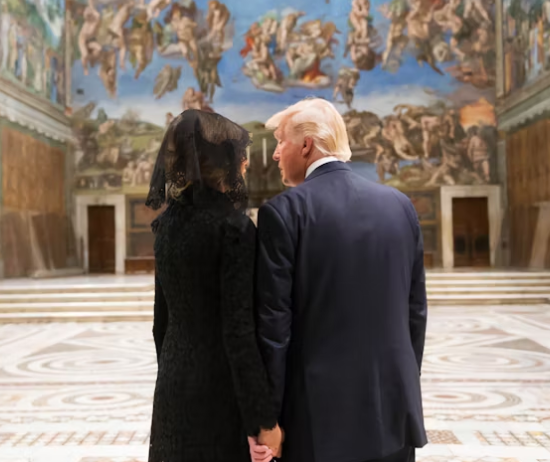
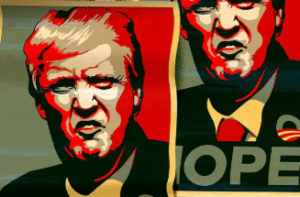
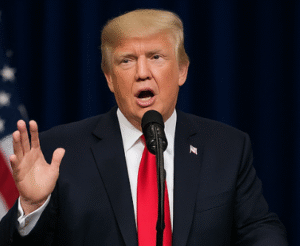
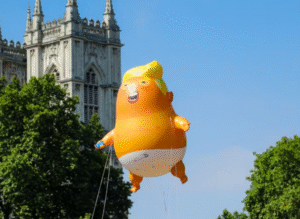
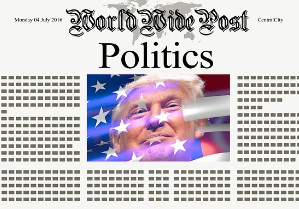
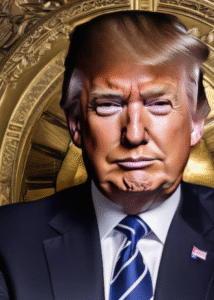
Comments are closed.